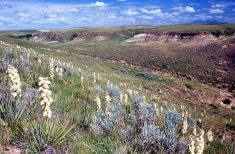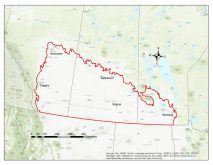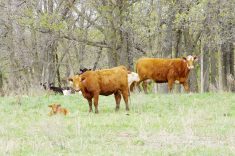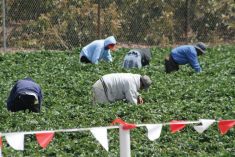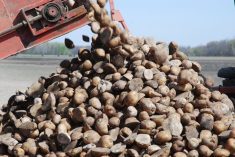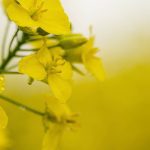A “carbon quantification” project that uses remote sensing to measure biomass and soil carbon on conservation projects on marginal farmland is getting a $1.5 million boost from the charitable arm of the country’s largest bank.
ALUS (originally an acronym for Alternative Land Use Services) is a charitable organization that assists producers in 38 communities, nearly half of them in Alberta, in providing eco-services through “on-farm nature-based solutions that sequester carbon, filter water and enhance biodiversity.”
In March, the organization announced it was partnering with Israeli company Albo Climate, which uses AI to analyze satellite imagery to measure the impact of initiatives such as planting trees and shrubs on marginal or uneconomic farmland. Last month, the RBC Foundation said it would donate $1.5 million to this project, which will be conducted in communities in Alberta and three other provinces.
Read Also
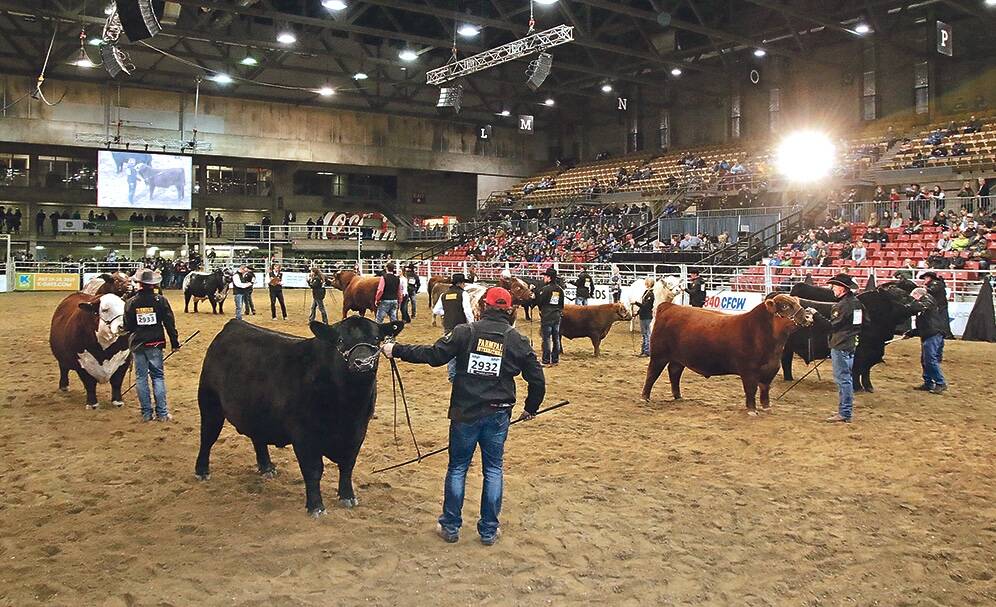
Farmfair International boosts accessibility with weekend schedule shift
Farmfair International is changing its scheduling format to include the weekend and hopefully attract even more attendees.
Under the ALUS model, local chapters composed of farmers and other community members develop projects suited for their area. The national organization assists in project development and provides funding for costs and, in some cases, ongoing per-acre payments. It says more than 1,600 farmers across the country have participated in the program.



